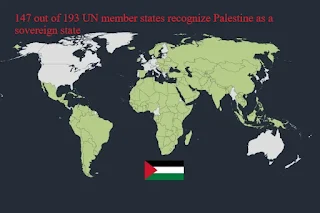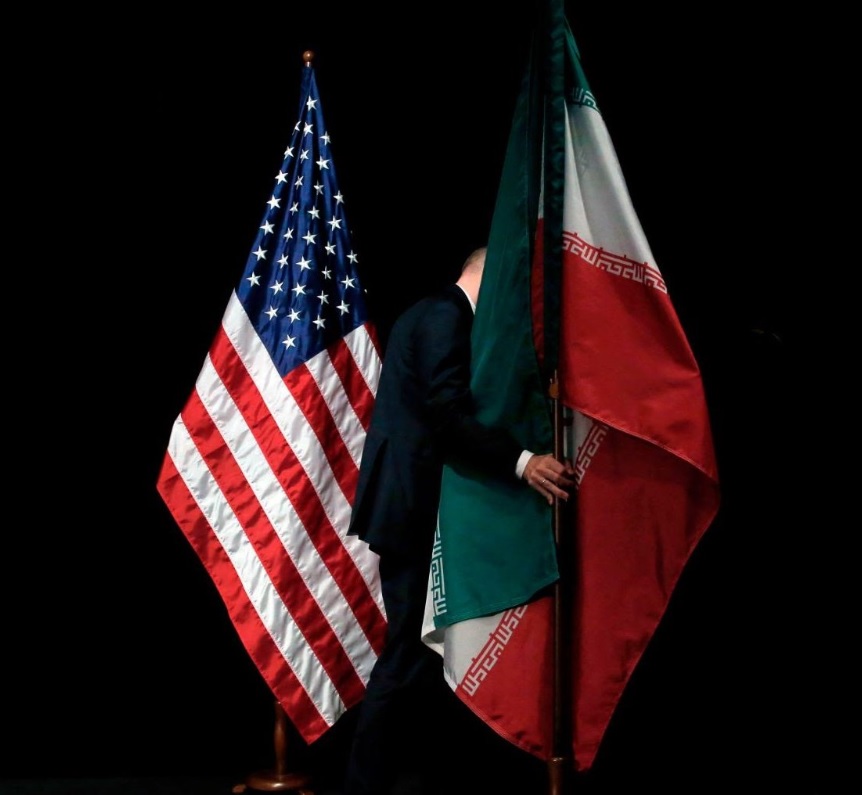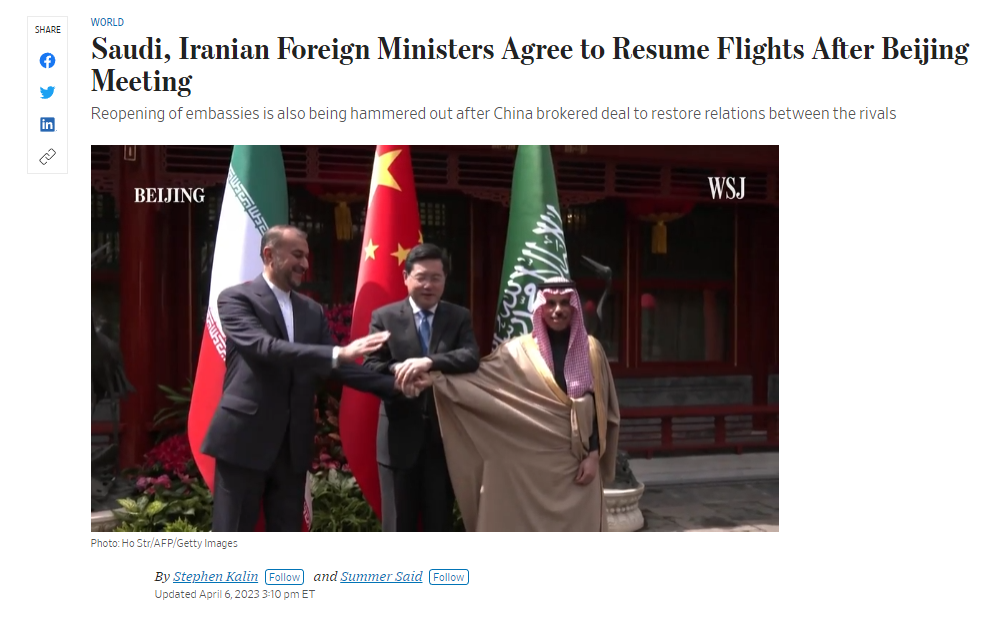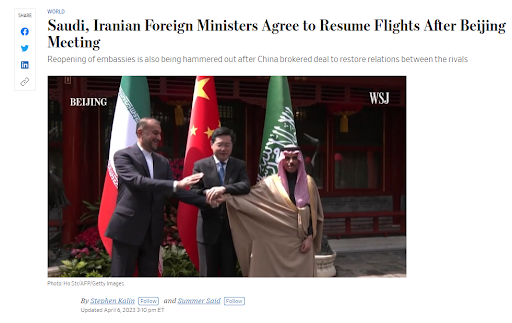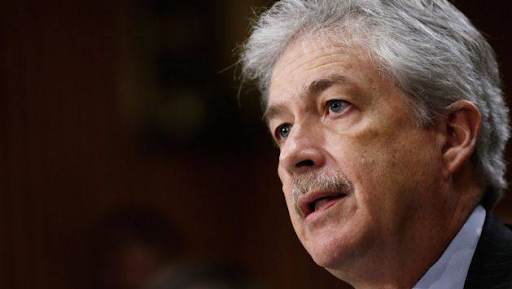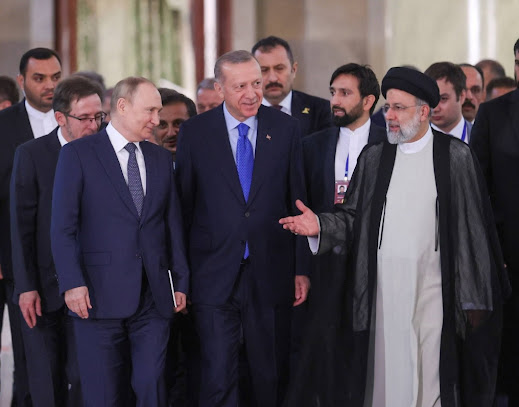
France will recognize Palestine Soon
The West is behind in recognizing the rights of the Palestinians to self-determination. But it is better late then never.
West's refusal to recognize Palestine as an independent state could have prevented the October attacks and the cycle of wars in Gaza. Now some Western countries, including France, are coming to accept that potential.France's president just announced that France will recognize Palestine in months. France’s potential recognition of Palestine as a sovereign state is quite important, despite the fact that 147 out of 193 UN member states have already done so. Here's why France’s stance carries significant weight:
1. France's Influence in the West
France is a major Western power—a permanent member of the UN Security Council, a founding member of the European Union, and part of the G7. Most of the countries that haven’t recognized Palestine are Western or aligned with the U.S. position, including the U.S., UK, Germany, and others. So, a shift in France’s stance could:
- Encourage other Western countries to reconsider their position.
- Break the perception of a unified Western front against recognition.
2. European Policy Shift
Macron's statement might signal a broader shift in EU policy, especially since he hinted this move could happen in coordination with other states or at a UN summit in June. This could:
- Build momentum for a multilateral recognition initiative.
- Put pressure on other EU members to align or clarify their positions.
3. Symbolic & Diplomatic Impact
- Recognition from a country like France is more than symbolic:
- It could increase diplomatic legitimacy for Palestine on the global stage.
- It might influence international forums, aid flows, and negotiations.
- It adds pressure on Israel by elevating the statehood issue beyond bilateral talks.
4. Tactical Timing
France possibly tying this recognition to a UN event in June also gives it diplomatic weight—it suggests recognition could become part of a broader international initiative, maybe even linked to Arab normalization with Israel.

